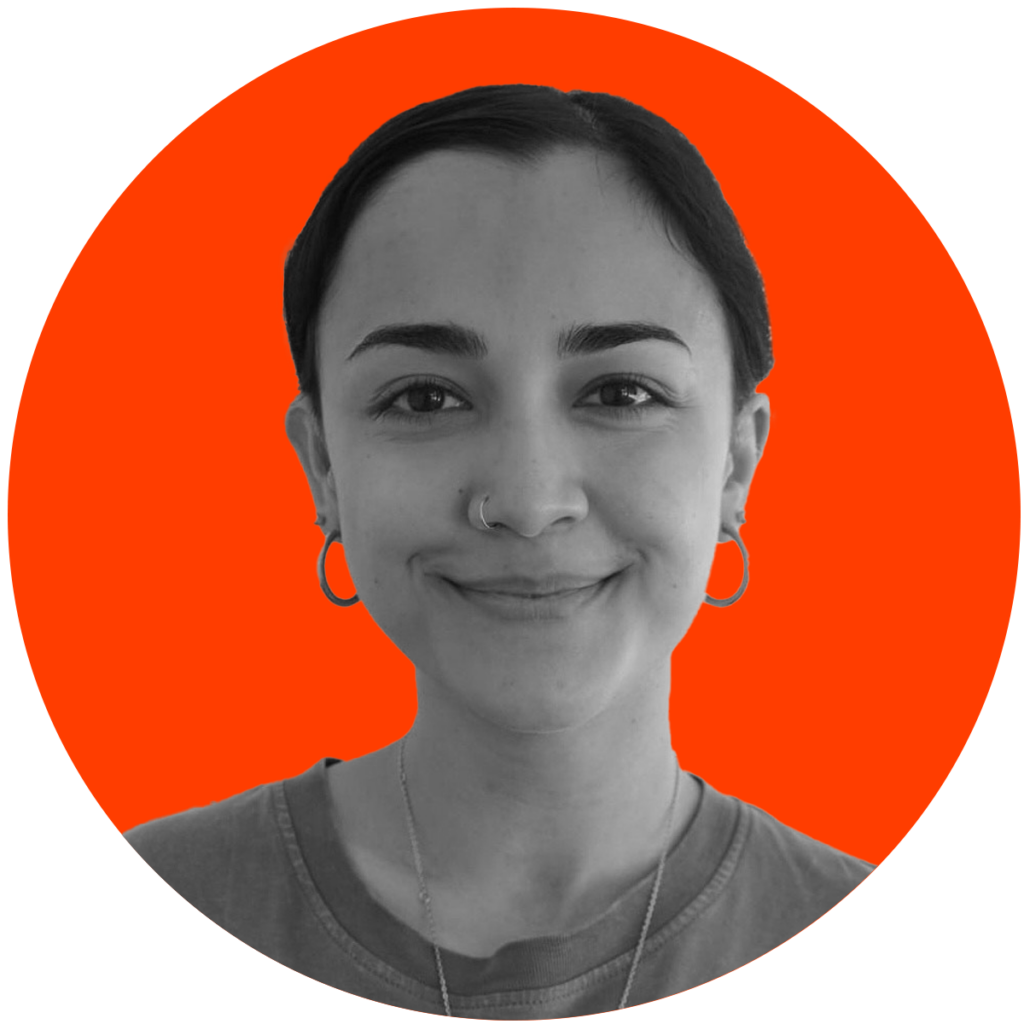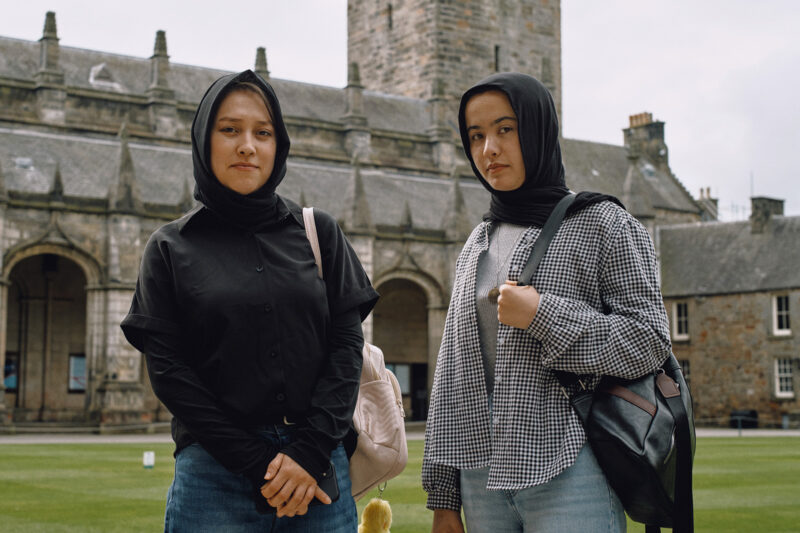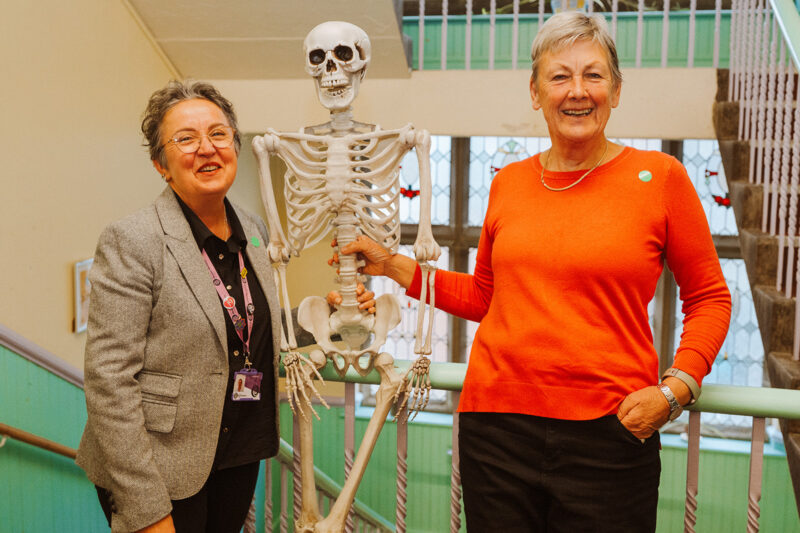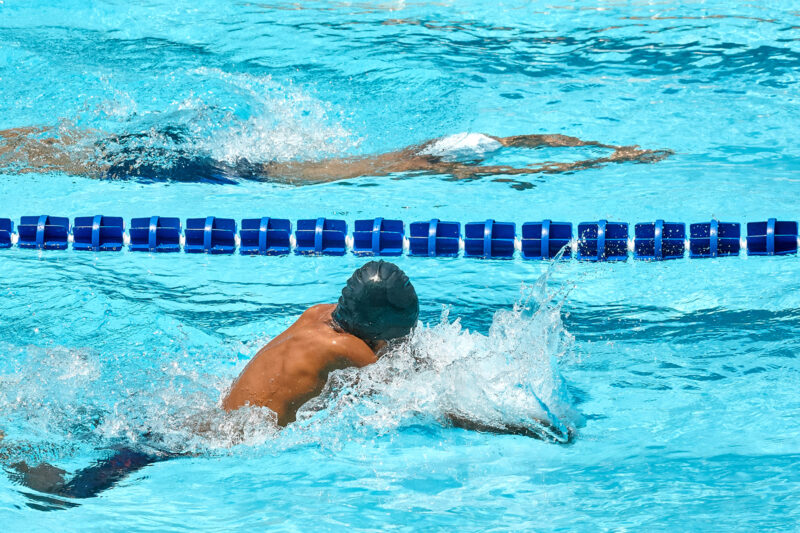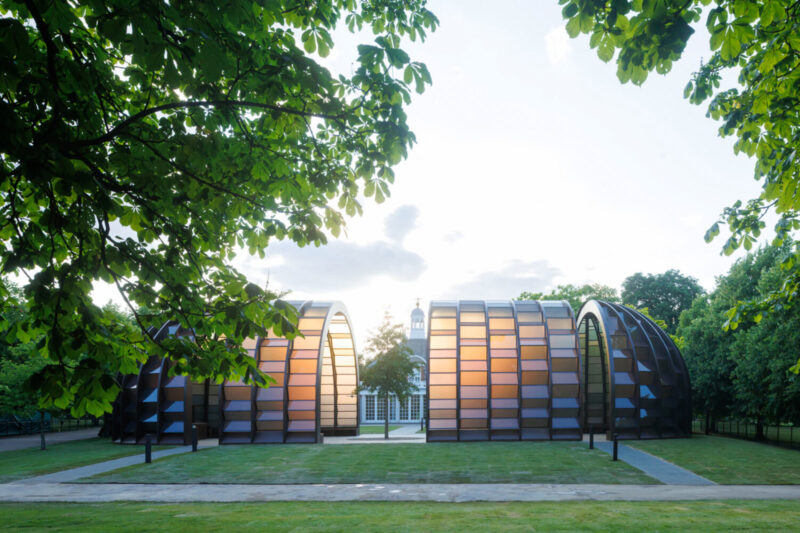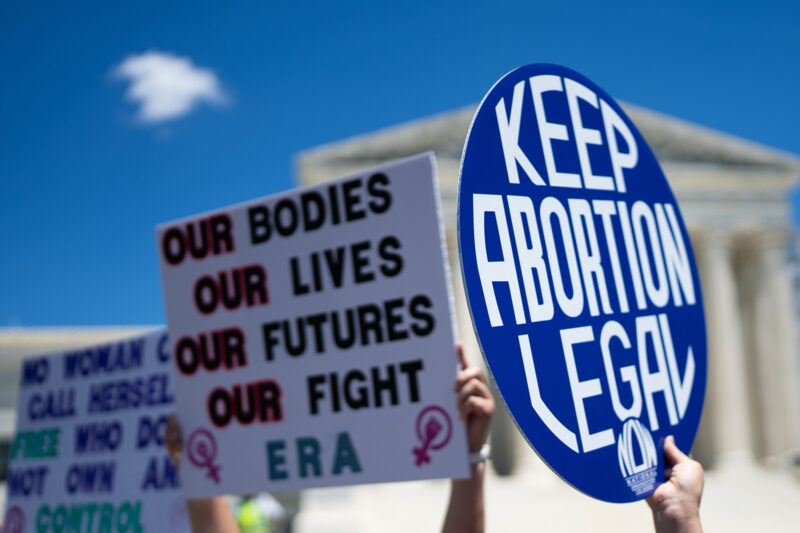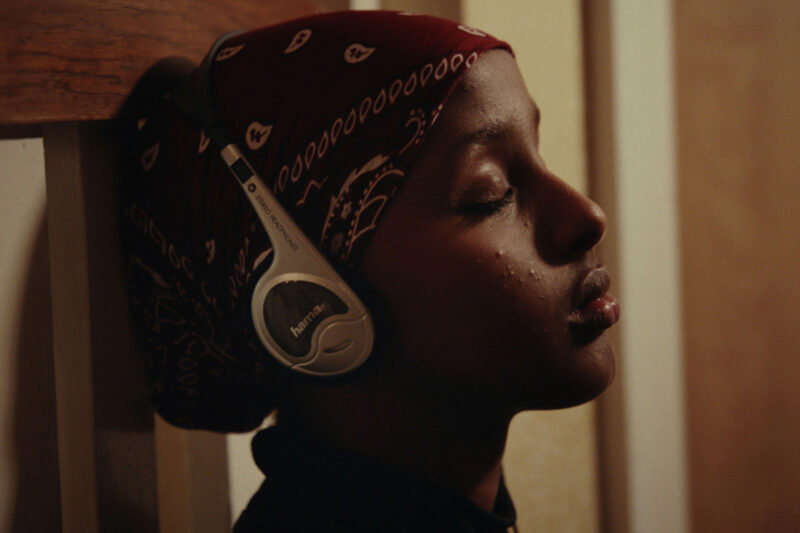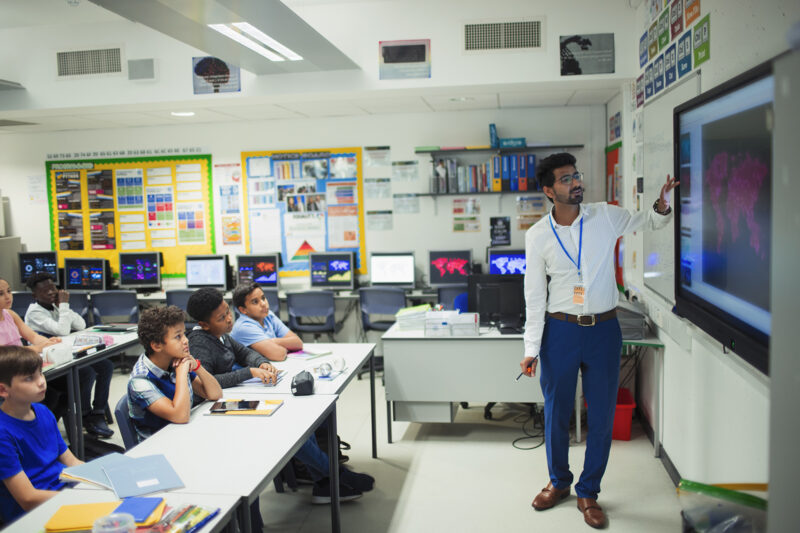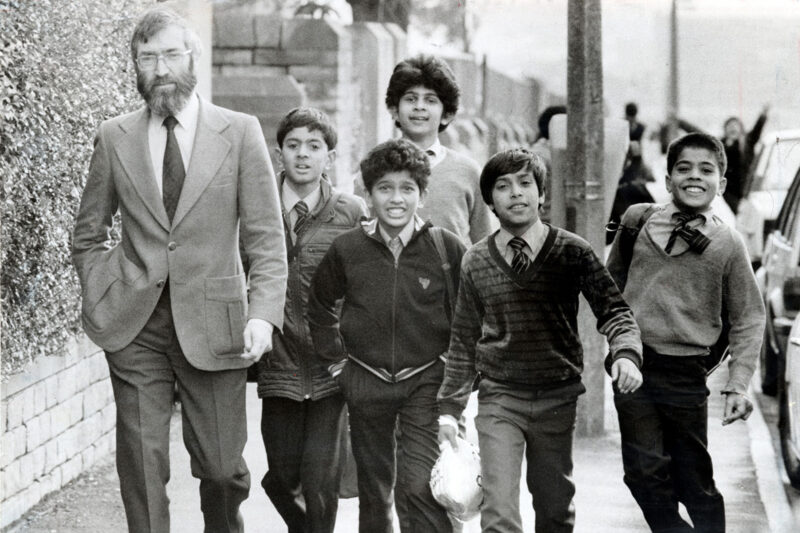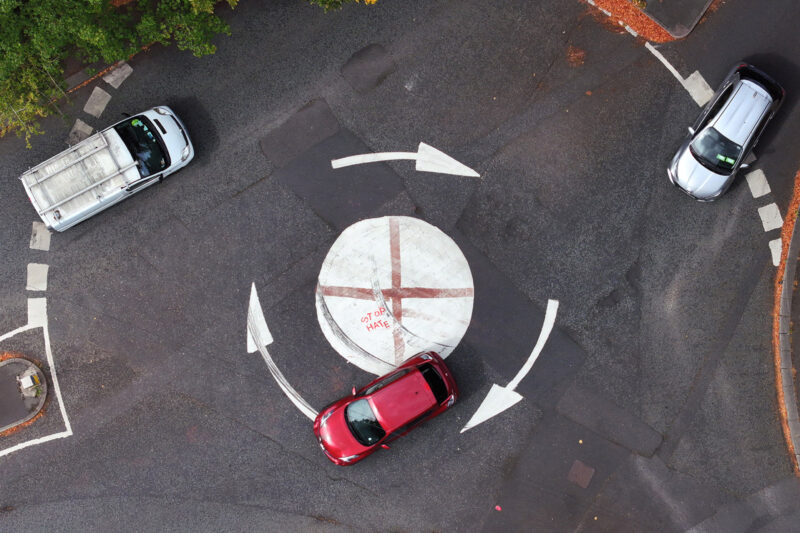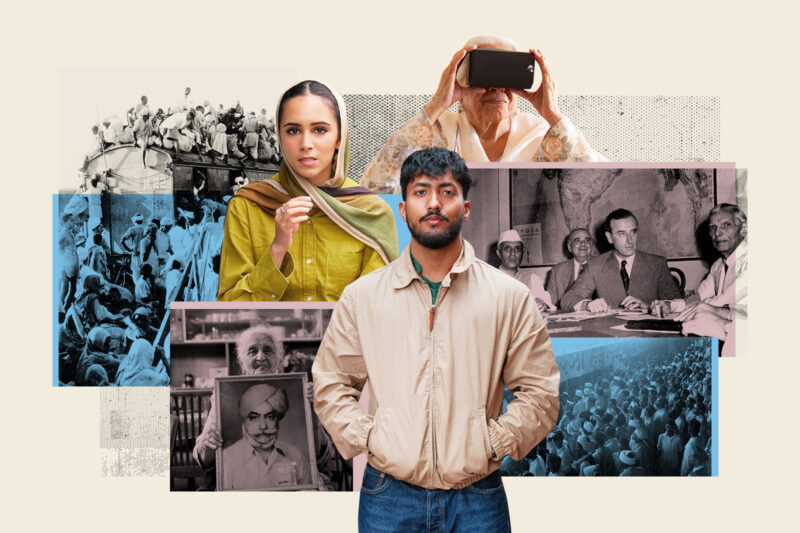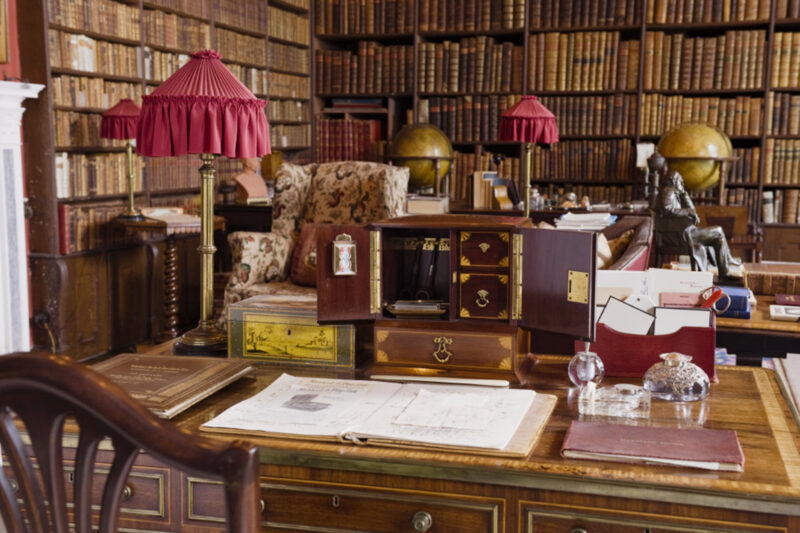10 things you didn’t know Muslims invented
Significant advancements in the fields of astronomy, medicine and culture stem from Islamic heritage. Here are just some of the key innovations
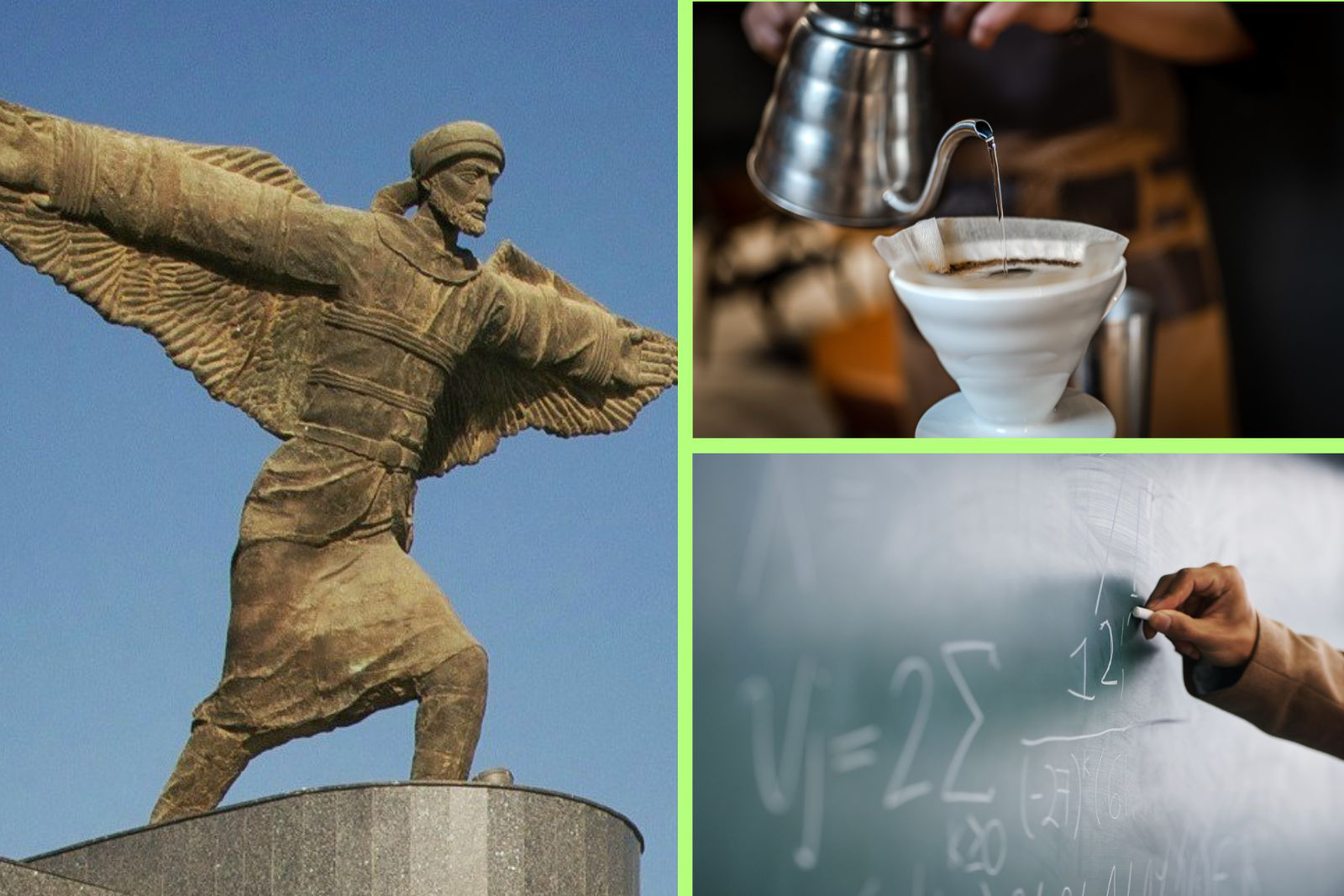
If you start your day with a cup of coffee and brush your teeth before you head out, that’s already two Muslim inventions embedded in your morning routine. From fountain pens to surgical tools, many items we use today can be traced back to Muslim innovators, with significant advancements in the fields of astronomy to medicine stemming from Islamic heritage.
Here are 10 things you may not have known Muslims invented.
Algebra
Ninth-century Muslim polymath Muhammad ibn Musa al-Khwarizmi is known as the “father of algebra”. The Persian scientist also invented the concept of algorithms.
Between 813 and 833 CE, he compiled his study of equations in Al-Jabr, or The Compendious Book on Calculation by Completion and Balancing. In fact, the word “algebra” derives from the Arabic term al-jabr, meaning “restoration”.
Al-Khwarizmi was appointed as the head of Baghdad’s public academy, the House of Wisdom, in 820 CE. His contributions paved the way for advancements in contemporary engineering, electronics, architecture and astronomy.
Coffee
Coffee culture first developed in the Islamic world in the 15th century, with the plant being native to the highlands of Yemen and Ethiopia. Its earliest consumers were Yemeni Sufis, who would drink it to stay awake during vigils.
Through trade and cultural exchange, coffee began to reach other empires such as the Safavids, the Mughals and the Egyptians.
Universities
The world’s first degree-granting university was founded in Fez, Morocco, in the ninth century and is credited to the Muslim princess Fatima al-Fihriya. Her sister Maryam established the adjacent al-Qarawiyyin Mosque in 859 CE. The University of al-Qarawiyyin is still operating more than a thousand years later.
Hospitals
The modern hospital is said to have roots in the Islamic world, with a Baghdad health centre built in 805 CE often cited as the first in the world. Over the following decades, more hospitals opened across the medieval Islamic regions, including the Ahmad ibn Tulun Hospital, founded in Cairo in 872 CE. By the 10th century, Baghdad had five more general hospitals, while Córdoba — as part of the Arab Islamic state — had 50 major hospitals by the 15th century. Medical treatments were free of charge and treated both the rich and poor.
Surgery
Muslim physician al-Zahrawi, born in the Muslim state of al-Andalus on the Iberian peninsula in the 10th century, is considered “the father of modern surgery”. Having introduced more than 200 surgical tools during his time, including different types of scalpels and retractors, he greatly advanced the practice of surgery in the medieval period.
In 1000 CE, he wrote Kitab al-Tafsir, known in English as The Method of Medicine. The 30-volume text is essentially an encyclopedia comprising his medical education across five decades, and was used by surgeons across Europe for centuries.
Flying
In 875 CE, more than 1,000 years before the aviation designs of the Wright brothers, who are credited with building the first successful aeroplane, Muslim inventor Abbas ibn Firnas became the first man to fly with a heavier-than-air machine and live to tell the tale.
Firnas, from al-Andalus, constructed a glider made out of wood and silk. He launched himself from the La Arruzafa hills near Córdoba and successfully stayed in flight for about 10 seconds.
Fountain pens
In 953 CE the caliph of Egypt, Ma’ād al-Mu’izz, commissioned the creation of a pen by craftsmen that would not stain the hands or clothes of the writer. The pen held ink in a reservoir, which reached the nib upon pressure.
The camera
The man behind the world’s first camera is the medieval mathematician Hasan Ibn al-Haytham. Born in the Iraqi city of Basra in 965 CE, al-Haytham was among the first to correctly explain the theory of vision — that visual perception occurs in the brain, with light rays emanating from objects and not the eyes themselves.
While the earliest written record of a camera obscura — a dark box or room with a small hole that projects an image of the outside world — dates back to the Chinese philosopher Mozi, al-Haytham’s innovation of using a screen to observe a partial solar eclipse marks its first ever technological implementation.
Three-course meals
Poet and musician Abu al-Hasan Ali Ibn Nafi, known to the world as Ziryab, is credited with coming up with the concept of the three-course meal in the ninth century.
Ziryab, a courtier of al-Andalus, is believed to have been educated in north Africa. He was said to have been a major trendsetter in the royal court, encouraging the use of glassware for drinking and leather covers for tablecloths. Ziryab also laid the groundwork for Arab-Andalucian musical styles, invented his own toothpaste and deodorant and introduced the idea of seasonal fashion.
Clean teeth
Miswak is a tooth-cleaning twig that comes from the Salvadora persica tree. It is said that the prophet Muhammad (peace be upon him) popularised its use around 600 CE and that he would personally use it at least five times a day.
The small presence of fluoride in miswak helps strengthen gums, remove bad breath and prevent tooth decay. In 1986, the World Health Organization recommended the use of miswak to aid dental hygiene.
 Newsletter
Newsletter

